Democracy Under Siege: Outcry Explodes Over Sowore's Arrest During Free Nnamdi Kanu Protests

Nigeria’s democracy faced another shock on Thursday, October 23, 2025, as Omoyele Sowore human rights activist, publisher, and 2023 presidential candidate of the African Action Congress (AAC) was arrested in Abuja by the Nigeria Police Force. Police Spokesperson CSP Benjamin Hundeyin confirmed the arrest, alleging Sowore had led demonstrators to violate an existing court order restricting protests in parts of the city.
Speaking at the Force Intelligence Department – Intelligence Response Team (FID-IRT) headquarters in Guzape, Hundeyin said Sowore would be charged to court within 24 hours. “It would be unfair to charge those arrested without including the leader who guided them into restricted areas,” he stated, referring to the 13 protesters earlier detained in Abuja during the #FreeNnamdiKanuNow demonstrations.
Background: Protests and Arrests
The protests were organized to demand the release of Nnamdi Kanu, leader of the Indigenous People of Biafra (IPOB), who has been in prolonged detention despite multiple court orders granting bail. Sowore had used his X (formerly Twitter) account to call for peaceful action, urging Nigerians to “carry a sign, sing a song, make a statement.”
Police reports indicate that eight protesters were arrested near the Transcorp area and five others around the Ministry of Finance, both within restricted zones. All 13 were arraigned within 24 hours of their arrest. Sowore, however, was detained shortly after leaving the Federal High Court in Abuja, where he had appeared before Justice Emeka Nwite over what he described as a “bogus” forgery charge.
His lawyer, Tope Temokun, alleged that police deceived Sowore into custody under the pretext of taking him to meet the Inspector-General of Police (IGP). The Commissioner of Police, FCT Command, reportedly authorized the arrest.
National Outrage and Political Reactions
The arrest has triggered intense condemnation from civil society, opposition politicians, and international rights advocates. Former Vice President Atiku Abubakar described the action as “an open assault on democracy” and accused the Tinubu administration of showing “utter contempt for the rule of law.”
“Protest is not a crime; it is a constitutional right,” Atiku said in a public statement, urging Sowore’s immediate and unconditional release.
Similarly, the Socio-Economic Rights and Accountability Project (SERAP) denounced the arrest as unlawful and a violation of Sections 39 and 40 of the Nigerian Constitution, which guarantee freedom of expression and peaceful assembly. SERAP called on authorities to “stop criminalizing dissent and respect the country’s human-rights obligations.”
The Solidarity Network for Workers’ Rights (SNWR) accused the government of attempting to “silence growing resistance to economic hardship and repression,” while the Justice Minded (JUSMind) group called the police’s justification “legally baseless and politically repressive.” They issued a 48-hour ultimatum for Sowore’s release, appealing to the United Nations Human Rights Council and African Union to intervene.
Legal and Human Rights Concerns
The Foundation for Environmental Rights Advocacy & Development (FENRAD) also condemned the arrests, describing them as “an affront to democratic principles” and violations of the African Charter on Human and Peoples’ Rights, to which Nigeria is a signatory. FENRAD urged the government to not only release Sowore but also drop terrorism-related charges against Nnamdi Kanu, citing due-process breaches.
Legal analysts argue that the crackdown illustrates a shrinking civic space in Nigeria, warning that such arrests reinforce a pattern of executive intolerance for dissent. Constitutional experts maintain that the right to protest remains inviolable, regardless of political context, provided it is peaceful.
A Wider Democratic Test
This latest episode adds to Nigeria’s growing list of human-rights controversies, from media restrictions to the suppression of protests. Observers note that Sowore’s arrest, coming during a demonstration tied to another high-profile detention, symbolizes a broader crisis of governance and civil liberty.
As Nigeria positions itself as a regional democracy, many warn that actions like this threaten its international standing. The outcome of Sowore’s arraignment and whether due process is upheld will serve as a litmus test for President Bola Tinubu’s commitment to the rule of law and political tolerance.
Recommended Articles
Activist Sowore's Re-arrest Ignites Outrage, Rights Groups Demand Release

The re-arrest of Omoyele Sowore outside a Kuje court, despite being granted bail, has ignited widespread condemnation fr...
Fury Erupts: Activist Sowore's Shocking Arrest at Abuja Court During Kanu Protest

Human rights activist Omoyele Sowore was arrested in Abuja, following his leadership of a protest demanding Nnamdi Kanu'...
Chaos in Abuja: Police Crack Down on #FreeNnamdiKanu Protest, Journalists Arrested
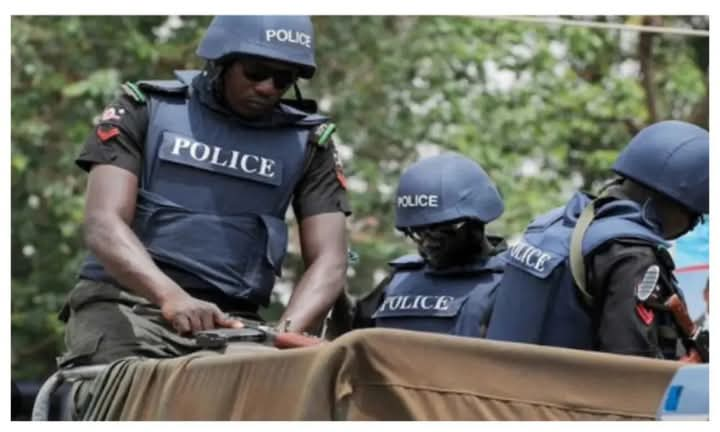
Security operatives in Abuja on Monday foiled a major protest demanding the release of detained IPOB leader Nnamdi Kanu,...
October 20 Nnamdi Kanu Protest: Lawyers Alleges DSS of Planning Violence

Human rights activist Omoyele Sowore is leading a widespread mobilization for a peaceful protest on October 20, 2025, de...
Fiery Feud: Atiku's Aide Slams Reno Omokri Over Explosive Genocide Claim

Paul Ibe, Atiku Abubakar's media aide, has criticized Reno Omokri following allegations of insincerity and manipulation ...
You may also like...
Wolves Fandom Erupts: 'Sell the Club!' Chants Rock Stadium Amidst Frustration!
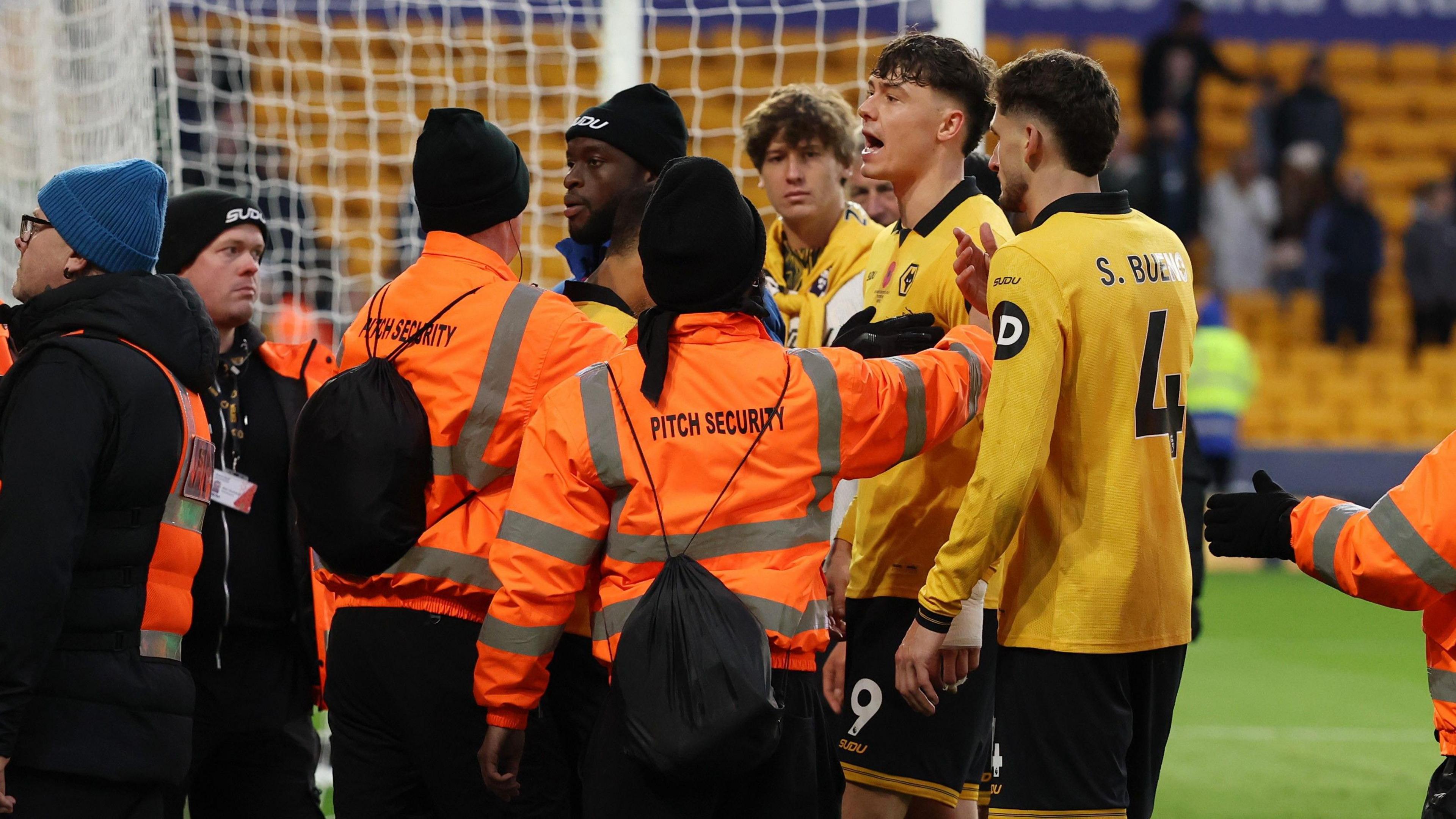
Wolves fans' frustration reached a boiling point at Molineux, with chants against the club's ownership and manager Vitor...
Haaland's Agony: Disallowed Goal and Injury Plague Man City's Disappointing Outing!
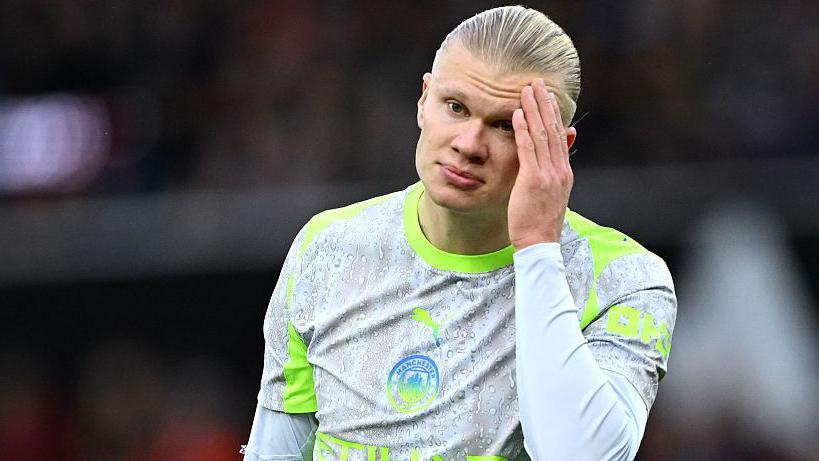
Manchester City's nine-match unbeaten run came to an end at Villa Park as Aston Villa secured a victory, highlighted by ...
Andrew Garfield Teases Spider-Man Return, But Fans Should Brace for a 'Catch'

Andrew Garfield has expressed a keen interest in joining Sony's animated *Spider-Verse* franchise, hinting at a potentia...
Mel Gibson's 'Passion of the Christ' Sequel Faces Blasphemy Outcry Over Jesus Recasting
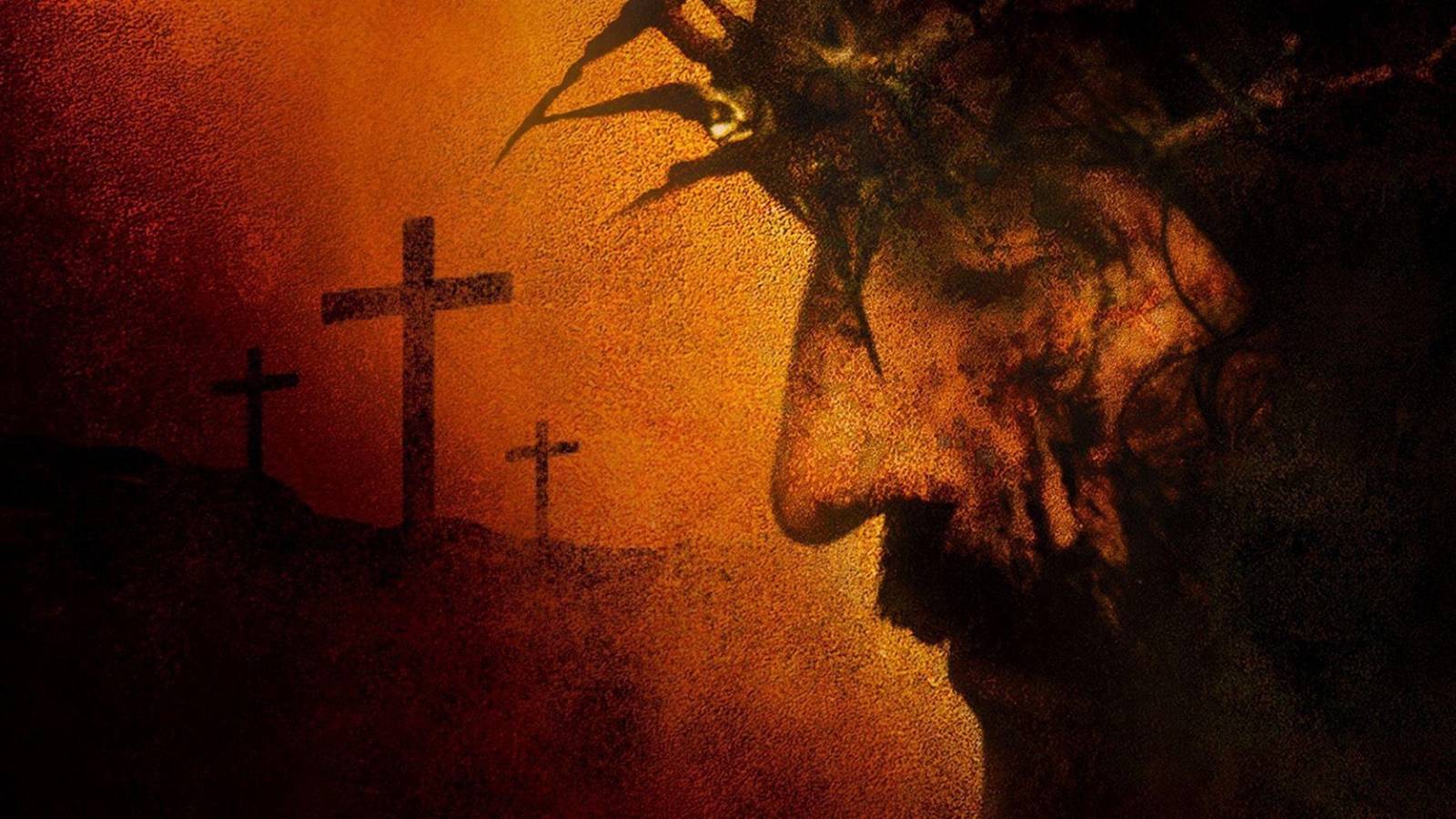
Mel Gibson's highly anticipated sequel, "The Resurrection of the Christ," is moving forward two decades after the origin...
Snoop Dogg Drops Bombshell at Verzuz Relaunch in Vegas, Igniting No Limit-Cash Money Battle

Snoop Dogg made a surprise appearance at ComplexCon in Las Vegas, joining his former label, No Limit Records, in a star-...
Daft Punk Legend Thomas Bangalter Stuns Paris with Surprise DJ Set Alongside Fred again..

Daft Punk's Thomas Bangalter made a rare surprise appearance with Fred again.. for a DJ set at Paris' Centre Pompidou. T...
Obama Dives Deep: New Podcast Honors Revolutionary Fela Kuti
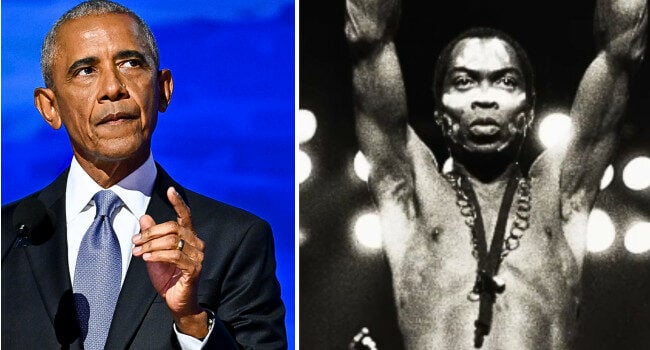
Former U.S. President Barack Obama has curated a new 12-episode podcast series, "Fela Kuti: Fear No Man," celebrating th...
Waje & KCee Ignite Romance with New Track 'Luvey Luvey'

Waje has released a new single, “Luvey Luvey,” featuring KCee, a warm and feel-good song celebrating love. Blending Afro...